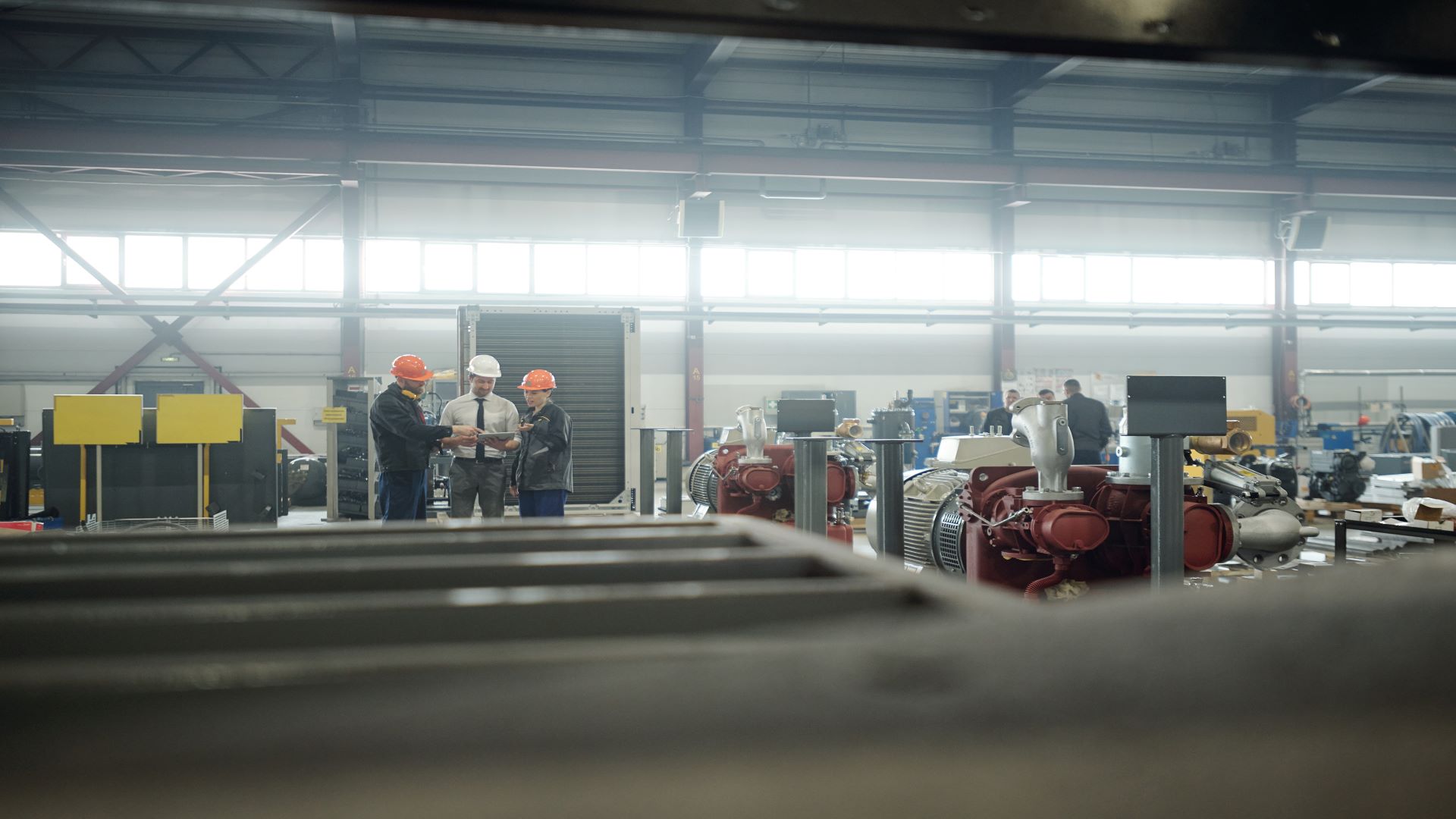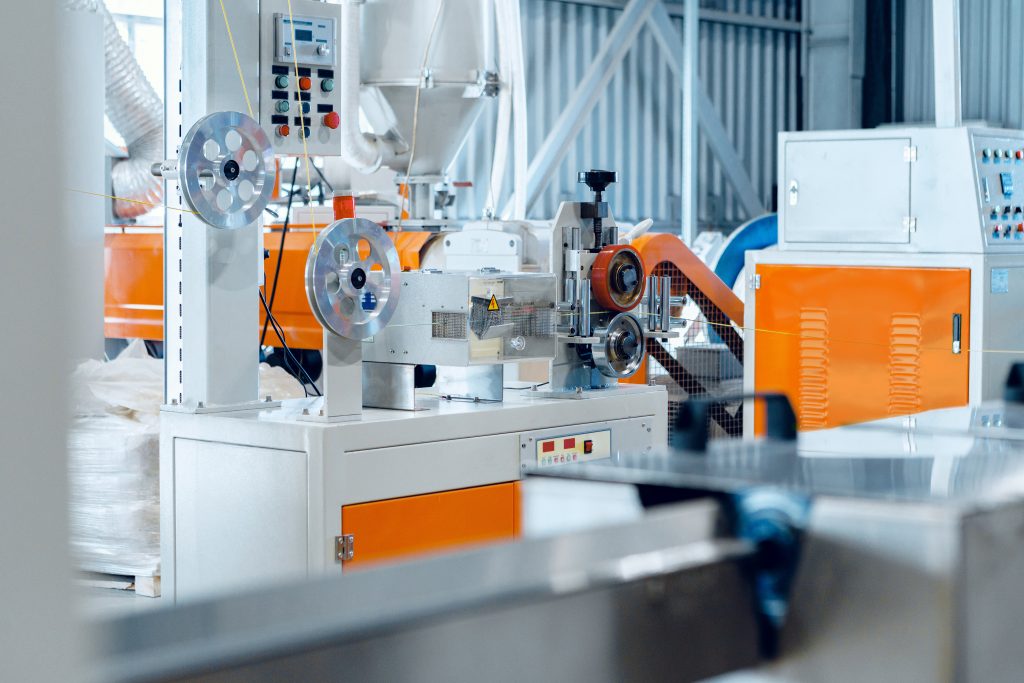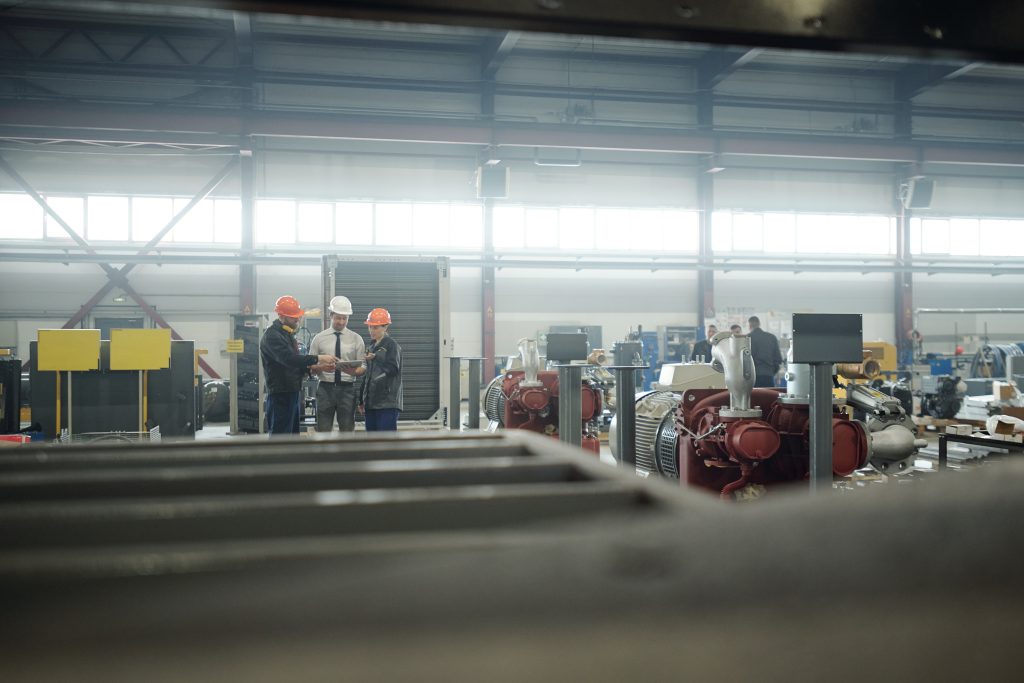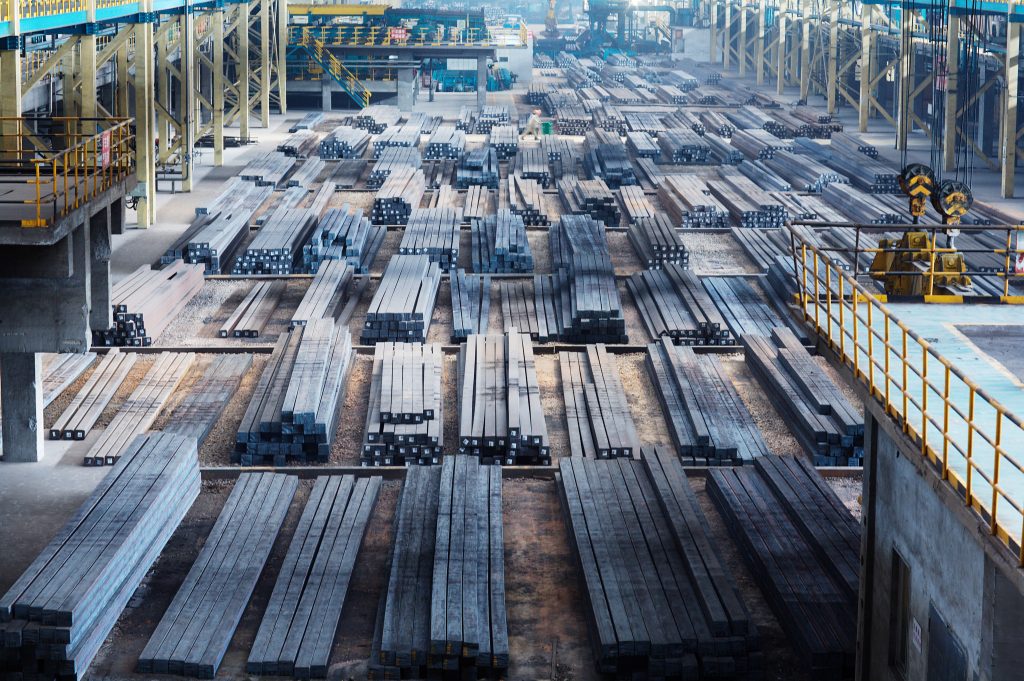
A recent study by Made Smarter, an organisation created following an industry-led review of how UK manufacturing industries can prosper through digital tools and innovation, has assessed how the events over the last two years (2020-2022) have affected the manufacturing industry and its motivations for adopting new technologies in the future.
Made Smarter interviewed 200 SME owners in the manufacturing industry which operate in the North West region of the UK on their views on these subjects and offer insight into the key areas that their businesses are prioritising.

The manufacturing landscape has fundamentally changed
“As has been the case after other major upheavals, such as the 2008-2009 financial crisis, a return to pre-crisis levels will likely take several years, if not more. Back in 2008, it took manufacturing industries three years to return to the pre-crisis level.” – Dr. Daniel Kronenwett, Partner at Oliver Wyman
Two key events over the past two years, Brexit and the Covid-19 pandemic, have transformed the manufacturing industry at an extraordinary pace.
The COVID-19 pandemic created an unprecedented situation for the manufacturing sector, resulting from mandated lockdowns, not only here in the UK but across the global ecosystem.
Supply chains were disrupted as a by-product and they have been fundamentally changed as they continue to adapt to the ‘new normal’ and changing consumer habits.
The wide scale disruption caused by Covid-19 has been further compounded by the barriers to trade erected by Brexit and the influx of new laws and litigations that manufacturing businesses have had to adhere to in order to trade with the EU.
The flow of materials and goods has ultimately been stymied. Companies within the industry have experienced a massive drop off in production quantity levels, particularly on assembly lines due to the lack of a workforce and tools.
In some more extreme instances manufacturers had to halt production altogether during the pandemic as staff health was prioritised above all else.
To maintain production in the face of supply chain disruption, manufacturers have had to completely restructure their operations and change their priorities.
For example, manufacturers have had to source new suppliers and simplify, as well as reduce, their product range to cut down complexities surrounding the production process.
SMEs have become increasingly concerned about their survival over the past two years, as businesses have to continue to adapt and mitigate the impact of these events, which in turn continues to hurt their revenue streams and profits.
Key areas of focus
The study alludes to three key areas of focus for manufacturing SMEs in the North West:
- Survival
- Productivity
- Technology
1 in 6 North West manufacturing SMEs highlighted improving productivity and adopting digital technology as two key areas of focus, as they aim to re-establish a resilient, free flowing supply chain that may be better equipped against such events happening again.
Both of these priorities will also enable manufacturers to achieve overall growth, which was the number one priority for the SMEs interviewed in the study.
The study also found that survival has increased significantly as a primary area of focus.
35% of manufacturers are more focused on survival than anything else, with smaller manufacturing SMEs in the region being more focused on survival than their larger counterparts.
These priorities should remain consistent for the foreseeable future, particularly as the UK economy continues to adjust to challenges around the supply chain, inflation, Brexit and the pandemic.

Industry 4.0
“Synonymous with smart manufacturing, Industry 4.0 is the realisation of the digital transformation of the field, delivering real-time decision making, enhanced productivity, flexibility and agility.” – IBM
Industry 4.0 is a collective term that refers to an industry-wide revolution which is enhancing the way that companies manufacture, improve and distribute their products via technology.
Forward thinking manufacturers are integrating new technologies, including Internet of Things (IoT), cloud computing and analytics, and AI and machine learning into their operations in order to improve efficiency and reduce costs.
One third of the participants claimed that their latest business strategy included integrating digital technology or implementing automation, and 2 in 5 SMEs claimed that they planned to invest in or adopt new technology in the next few years.
These key findings suggest that SMEs are open to embracing the fundamental change that Industry 4.0 will bring and utilise this technological revolution in order to progress.
There is however an air of caution, as 80% of the participants said that they are happy to take a calculated risk of investing in new technologies if they can see the clear benefits.
The SMEs want assurances that the technology that they are investing in will bring clear benefits to their operations. Naturally with numerous SMEs focusing on survival there are elements of risks associated with investing in and implementing new technologies, so a cautious sentiment is apparent.

Attitudes to investing in new tech
Made Smarter’s study revealed that the likelihood for SMEs to adopt and invest in any new technologies in the next 2-3 years is more evident amongst small and medium sized businesses (42% of small SMEs and 14% of medium sized SMEs), particularly in industrial machinery and automation systems.
This suggests that those businesses that are more focused on survival are turning to technology in order to increase their chances of doing just that.
Barriers to the adoption of technology
Outside of SMEs wanting to see the clear benefits of the technology that they could invest in, SMEs are stifled by a variety of barriers which hinder the likelihood of adoption and implementation of Industry 4.0 technologies.
42% said that the lack of capital and funding to invest was a key barrier in adopting new technologies. Awareness of organisations offering general business advice and support within the industry therefore appears to be fragmented.
Education and exposure to the benefits that technology can bring to their operations also acts as another barrier. 35% of SMEs recognise the need to improve operation efficiencies, but are unclear on how to do this effectively.
There are government-backed initiatives which provide funding and expert advice to help UK SME manufacturers adopt digital and automated solutions, and the discourse around this support evidently needs to be more prevalent among manufacturing SMEs.
The earnestness is also therefore on these initiatives to communicate better with those manufacturers who are being negatively impacted by Covid-19 and Brexit.
This may then instil more confidence into those businesses that have cautious motivations and sentiments surrounding technology as a means of advancing their business, with the broader aim of increasing their chances of survival.
Want to learn more about the benefits of technology for manufacturing?
Why not contact us for more information about how DELMIAWorks, a market-leading manufacturing ERP system and MES software, can help process manufacturers drive operational efficiencies.
Posted by Joe on 22nd August 2022.

